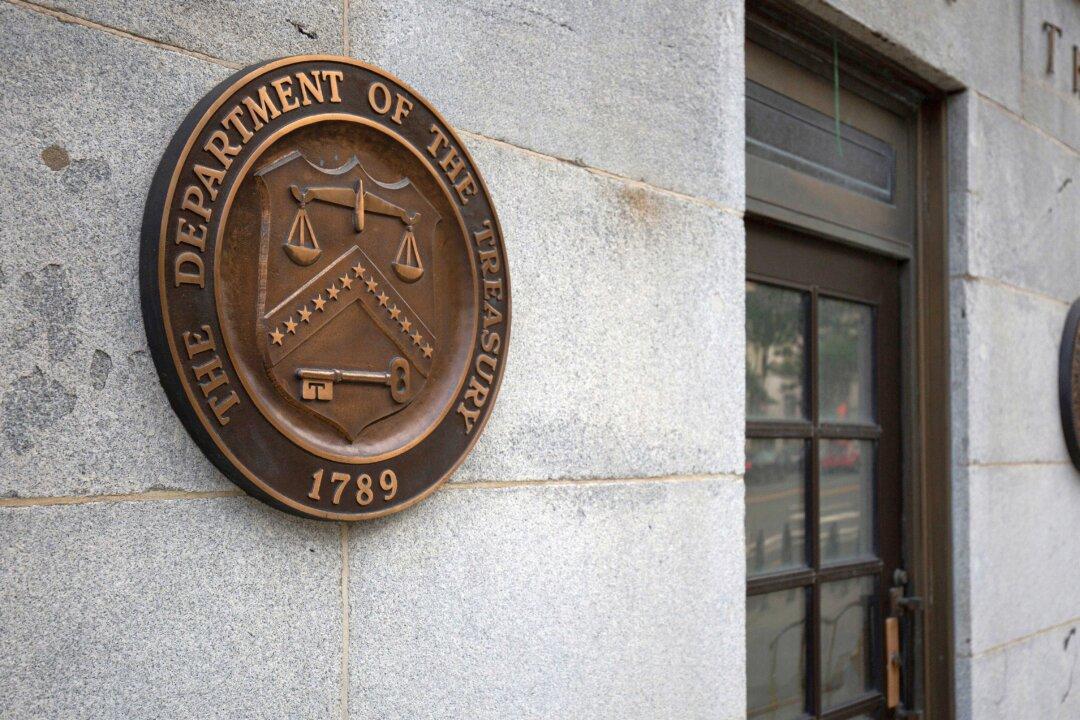The Trump administration late on Dec. 1 released the names of more than 10 million businesses and individuals that took pandemic aid, providing more transparency for the programs that officials say have been plagued by fraud and abuse.
The Treasury Department and Small Business Administration (SBA) were forced to release the information on the Economic Injury Disaster Loan (EIDL) and Paycheck Protection Program (PPP) after a federal judge last month sided with a challenge brought by news organizations seeking the data under the Freedom of Information Act.





